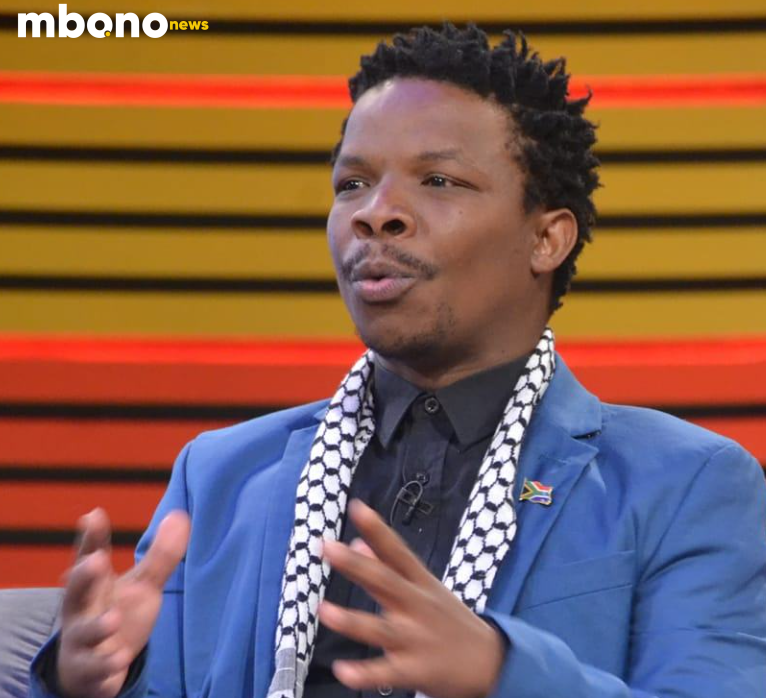Mandela’s Great-Grandson Calls for Legal Action Against Afrikaners Granted U.S. Asylum Over ‘False’ Persecution Claims
Mayibuye Melisizwe Mandela, a great-grandson of Nelson Mandela and EFF member, has ignited a political firestorm by calling for treason charges and citizenship revocation against 49 Afrikaners who were recently granted refugee status in the United States.
Speaking as the chairperson of the Melisizwe Mandela Foundation, Mandela accused the group of fabricating claims of racial persecution and land-related violence to gain asylum, saying their actions amount to a betrayal of the country and a defamation of South Africa’s international image.
The Trump Order That Sparked the Uproar
The controversy follows a February 2025 executive order by U.S. President Donald Trump, which fast-tracked refugee protections for the Afrikaners based on reports of alleged land expropriation and racially motivated violence. U.S. officials cited “credible fear” of persecution — a claim strongly rejected by the South African government.
Ramaphosa: “They Are Cowards”
President Cyril Ramaphosa publicly condemned the narrative, calling the claim of “white genocide” a myth and branding the asylum seekers as “cowards who abandoned their country.”
Minister Khumbudzo Ntshavheni backed Ramaphosa’s stance, stating that police data shows no systemic targeting of Afrikaners. “These individuals do not meet the criteria under the 1951 Refugee Convention,” she added.
Legal Action in the Works
Mandela’s foundation is reportedly assembling a legal case to be filed in South Africa, seeking to:
- Prosecute the 49 Afrikaners for treason
- Strip them of South African citizenship
- Challenge the credibility of their asylum claims
- Restore South Africa’s international reputation
“They sold out their country with lies for personal gain,” Mandela said. “We cannot allow people to flee our democracy under false pretenses and insult our struggle for freedom.”
Mounting Diplomatic Tensions
The issue has added fuel to an already tense relationship between Pretoria and Washington under Trump’s administration, with concerns about foreign interference, race relations, and asylum integrity now taking center stage.
As legal and political battles loom, the controversy has become a flashpoint in debates over identity, race, and justice in post-apartheid South Africa.
